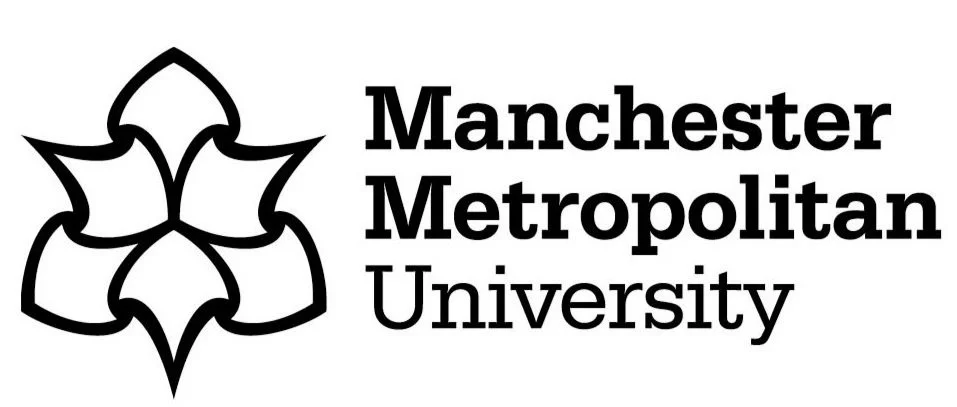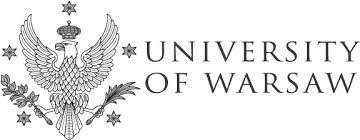The Strategies Consortium
The consortium consists of fifteen partners from nine different countries covering all the main regions of Europe, with multidisciplinary expertise in intersecting and complementary areas. The consortium includes six universities, four NGOs, and five game companies. STRATEGIES covers a wide range of contexts, drawing on multiple perspectives and operating in different geographical and cultural backgrounds.
There is representation from large and small countries, densely and sparsely populated, long-standing members of the EU and more recent. These are important factors in realising STRATEGIES aim to account for the diversity of Europe’s game industries, and to ensure that project outcomes are adaptable across the Union.
STRATEGIES is Coordinated by Professor Joost Raessens at the Utrecht Center for Game Research, and administratively situated within the Faculty of Humanities, Utrecht University. The Utrecht Center for Game Research undertakes interdisciplinary research on serious gaming and playful interaction with specific research domains dedicated to ‘Games for Change’ (Sustainability, Social Inclusion) and ‘Games for Learning.’ The Copernicus Institute of Sustainable Development brings expertise in policy-directed research in sustainability to the STRATEGIES team.
-
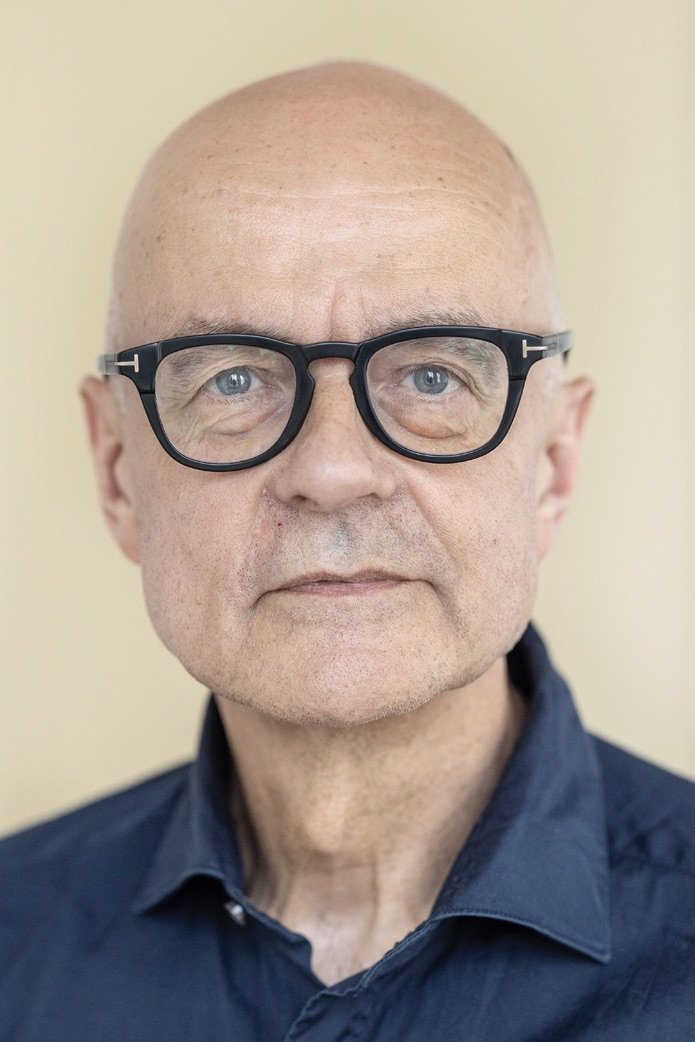
Joost Raessens
Professor of Media Theory, Project Coordinator, WP5 Researcher.
-

Stefan Werning
Associate Professor, WP5 Co-Lead.
-

Joost Vervoort
Associate Professor, WP8 Co-lead and WP4 Researcher.
-

Roy van Kessel
Project Manager
Manchester Metropolitan University provides Scientific Leadership for STRATEGIES. Manchester Metropolitan is home to the Manchester Game Centre which combines expertise in analogue game design with expertise in game design for social change. Researchers in the Department of Natural Sciences at Manchester Met have expertise in climate change science, environmental management, and carbon literacy training. The Circular Economy Network will support the development of environmental and sustainable development strategies. The Future Economies Research Centre in Manchester Met’s Business School brings expertise in supporting businesses, policy makers and civil society in tackling societal issues through applied research.
-

Paul Wake
Professor of Game Studies, Scientific Lead, Researcher WP5 & 6
-

Chloé Germaine
Reader in Game Studies, Communications Lead, WP6 Lead, Researcher WP5
-

Rory Shand
-

Chris Paling
Senior Lecturer, Environmental Management, WP3 Co-Lead
-

Rachel Dunk
Principal Lecturer, Department of Natural Sciences, Researcher WP6
-

Jane Mork
Senior Research Assistant, Researcher WP6
-

Nicolas Scelles
Reader in Sports Economics, Researcher WP4
-

Sally Jones
Reader in Entrepreneurship and Gender Studies, Researcher WP4
TH Köln is home to the Cologne Game Lab which brings media and game studies expertise complemented by industry expertise in developing digital games and interactive content. Through the work of the Cologne Game Incubator, THK brings extensive experience in supporting indie game developers in leveraging their training and knowledge into professional and commercial success.
-

Sonia Fizek
Professor of Media and Game Studies, WP2 Lead
-

Ruth Dorothea Eggel
-

Isabel Grünberg
Student Assistant, WP2
Aalborg University is home to the research unit Media Innovation & Game Research which brings expertise in designing, developing and, crucially, evaluating innovative media experiences with a specific interest in applied serious games and human computer interaction.
-
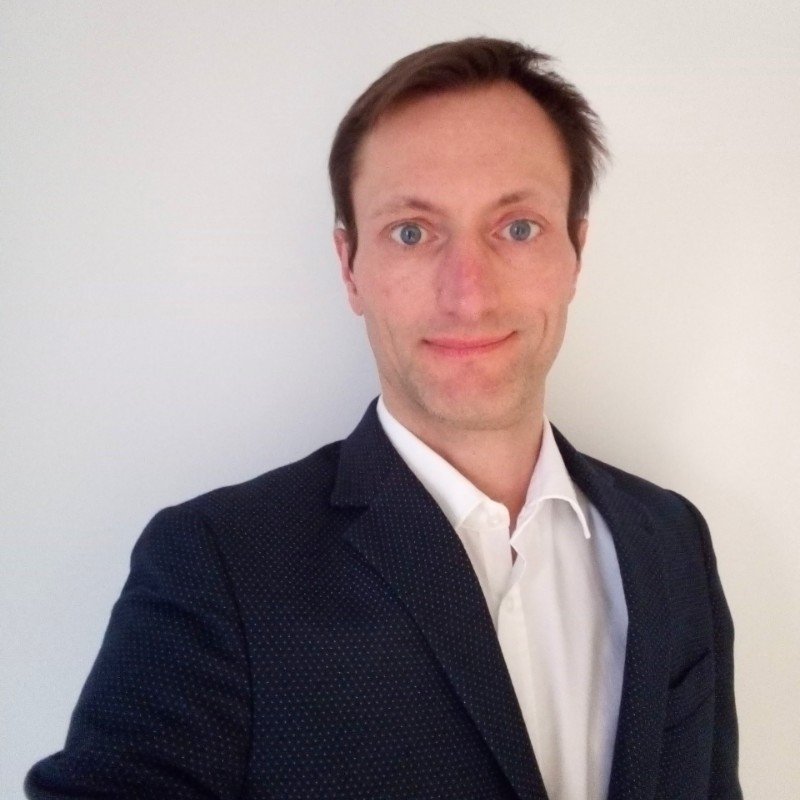
Thomas Bjørner
-

Jonathan Skjøtt
PhD Candidate, WP7
The University of Warsaw is home to the Speculative Texts and Media Research Group which brings expertise in the analysis of audio-visual media (film, television, video games, music video). The University of Warsaw is a leading research institution in Poland, listed among the top 3% of universities in the world according to global rankings such as Times Higher Education World University Ranking, the Quaquarelli Symmonds World University Ranking and the Academic Ranking of World Universities. It offers a wide range of studies in humanities, social, exact, and natural sciences, as well as individual interdisciplinary studies.
-
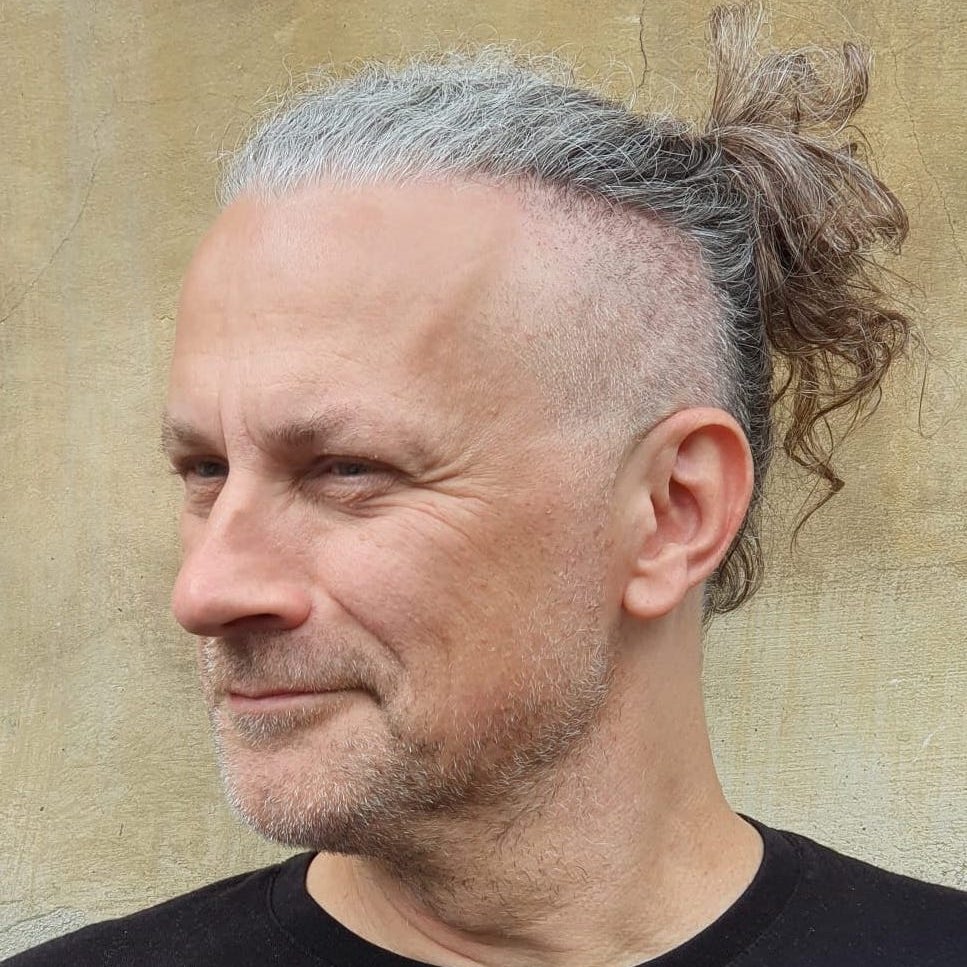
Paweł Frelik
Associate Professor of Screen Studies, Co-Lead of WP5
The University of Malta is home to the Institute of Digital Games and brings expertise in game design and critical game studies with particular expertise in player experience and the design and analysis of analogue games.
-

Gordon Calleja
Associate Professor of Game Studies, Researcher WP5 and WP6
-

Christian Paller
PhD Researcher
Founded in 2016, SpielFabrique has developed an international and cross-border expertise of the video game industry. From mentoring indie game studios looking to bring their first game to market or established indie studios looking to scale up, to its consulting business towards public entities, SpielFabrique has built a comprehensive understanding of the video game ecosystem. As a catalyst for the video game ecosystem, we bring together all industry stakeholders to create greater understanding, knowledge and collaboration. Our goal is to stimulate international activity and strengthen ecosystems.
-

Odile Limpach
Co-founder of Spielfabrique, WP4 Co-Lead, Researcher WP2
-

Thierry Baujard
Co-founder and Project Director of the European Co-Production Market, Researcher WP2 and WP4
-
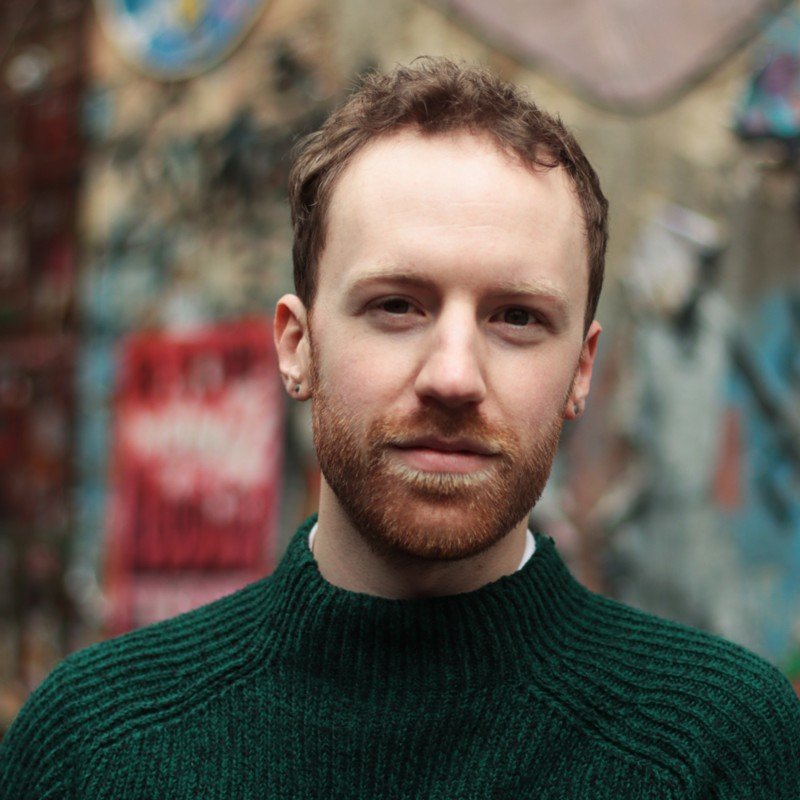
Matthes Linder
Project Manager, Researcher WP2 and WP4
Charles Games is an award-winning Prague-based indie game studio with expertise in narrative design and serious games. Their projects range from historical adventures (Attentat 1942) to games for environmental education (Ashti) and card strategies about the climate crisis (Beecarbonize).
-
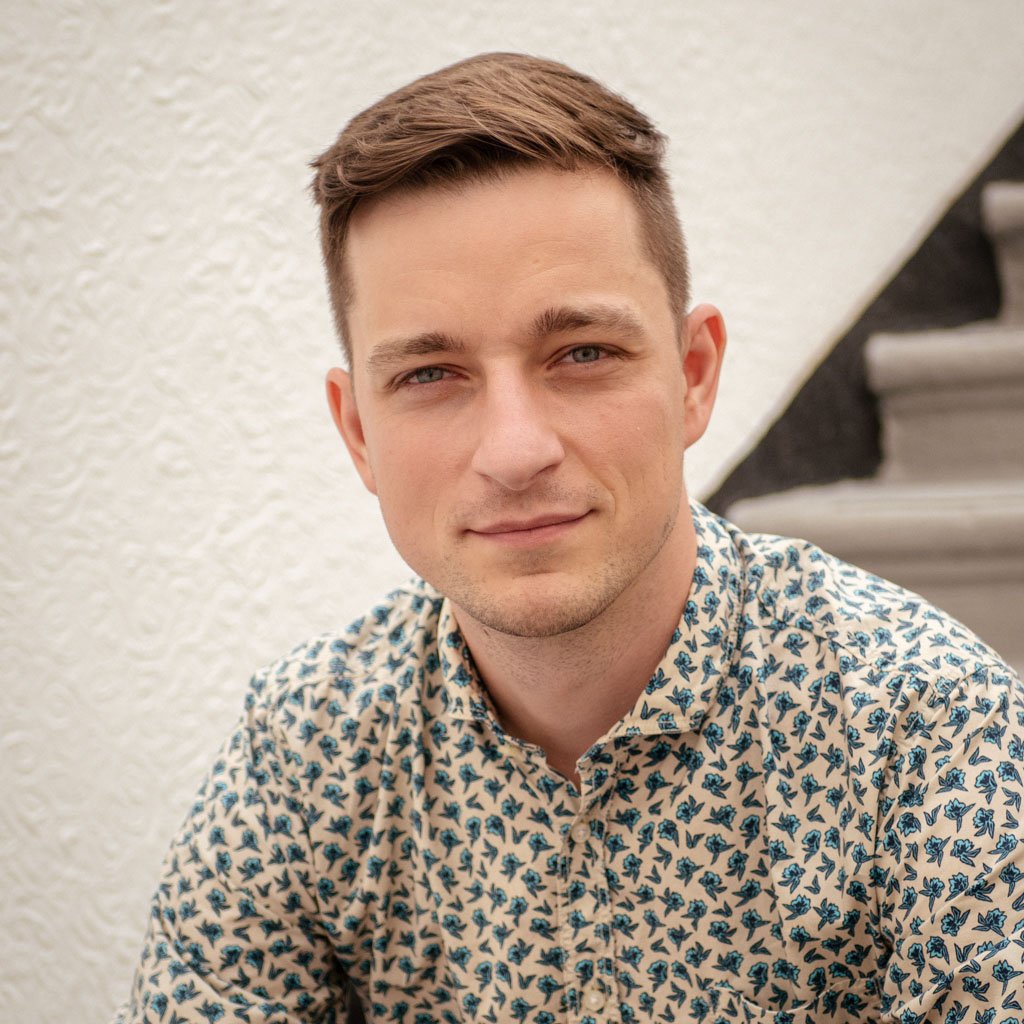
Lukáš Kolek
Chief Executive Officer, Researcher WP2, WP3, and WP5
-

Ondřej Paška
Chief Technology Officer, Researcher WP2 and WP5
-
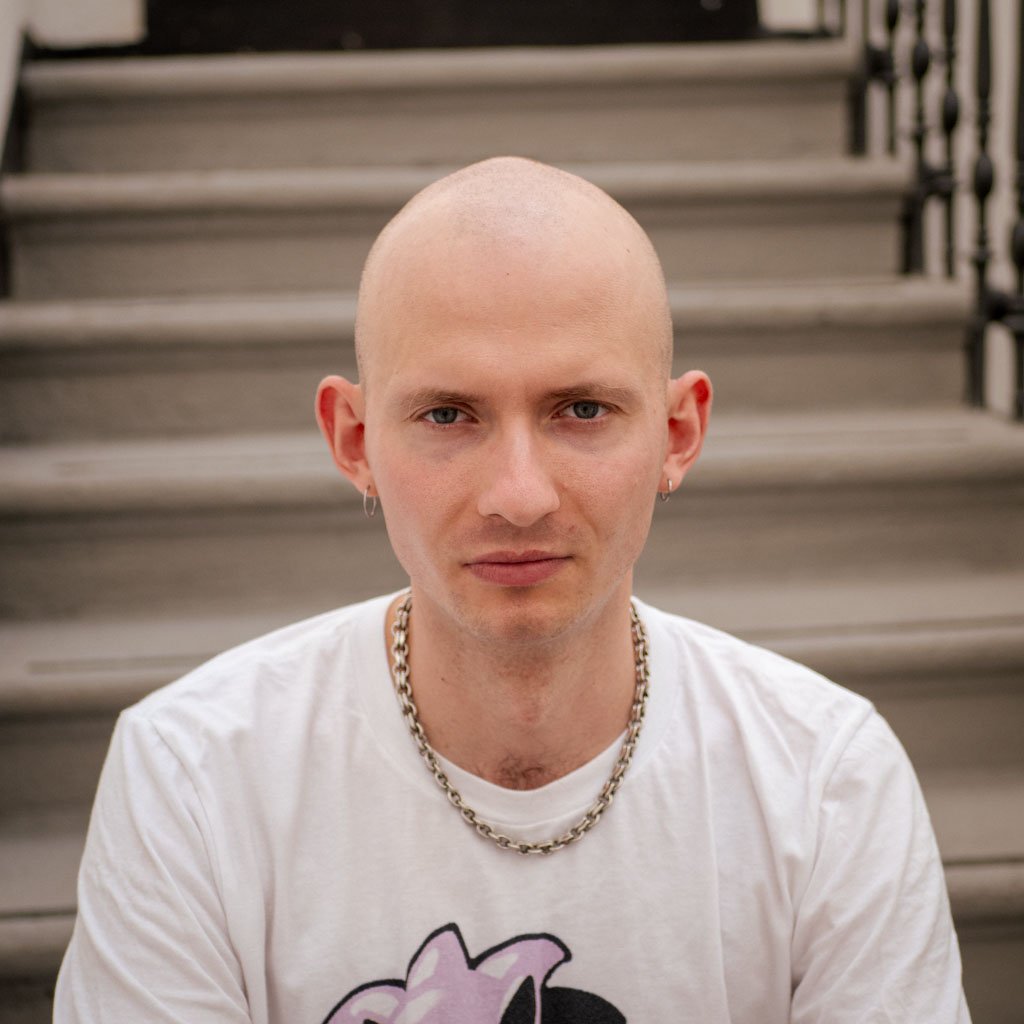
Ondřej Trhoň
Marketing and Communications, Researcher WP2 and WP5
-
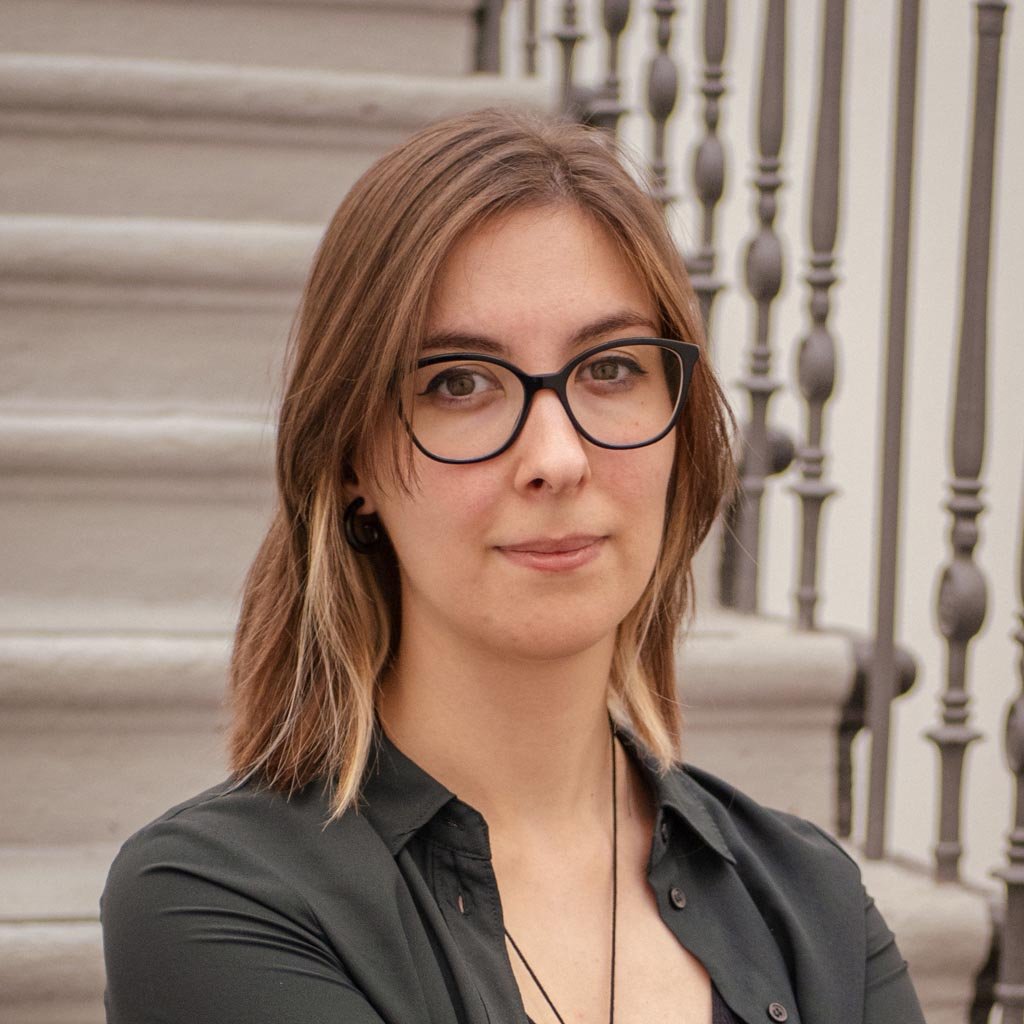
Lucie Tvarohová
Game Artist, Researcher WP2 and WP5
-

Alex Petrova
Programmer, Researcher WP2 and WP5
Founded in 2016, Mighty Boards is a board game development studio based in Malta. They bring experience in analogue game design, including games that explore the climate (Petrichor) and climate futures (Posthuman Saga).
-

Gordon Calleja
Game Designer and Developer, Researcher WP5
-

Mark Casha
Art Director, Researcher WP3 and WP5
-

David Chircop
Game Designer and Developer, Researcher WP3 and WP5
Neogames is a non-profit association for the Finnish game industry. With experience in supporting the growth and development of the Finnish game industry, NG brings knowledge of regional game industry practices, expertise in industry-led policy development and lobbying, expertise in GHG accounting, and access to Finnish game developers, local, national organisations, game research facilities, service providers and educational institutions to facilitate both research and dissemination.
-

Elina Tyynelä
Coordinator, WP3 Co-Lead
Charisma Entertainment brings expertise in the use of AI to develop narrative-based games. They have extensive experience in working with teams of researchers on this topic and have expertise in the development of ecogames such as The Kraken Wakes.
-
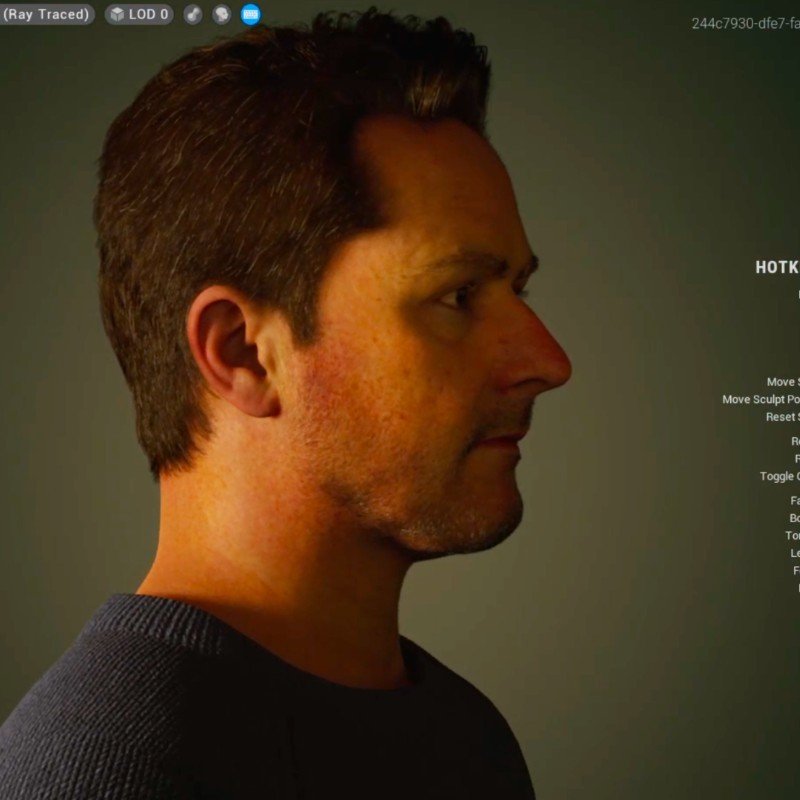
Guy Gadney
Chief Executive Officer, Researcher WP3 and WP5
Possible is a climate action charity that enables people to take practical action on climate change. Possible has a strong track record of achieving high impact outcomes throughout their projects and communications, and provides STRATEGIES with essential expertise in communicating issues of climate change to diverse publics through positive calls to action.
-
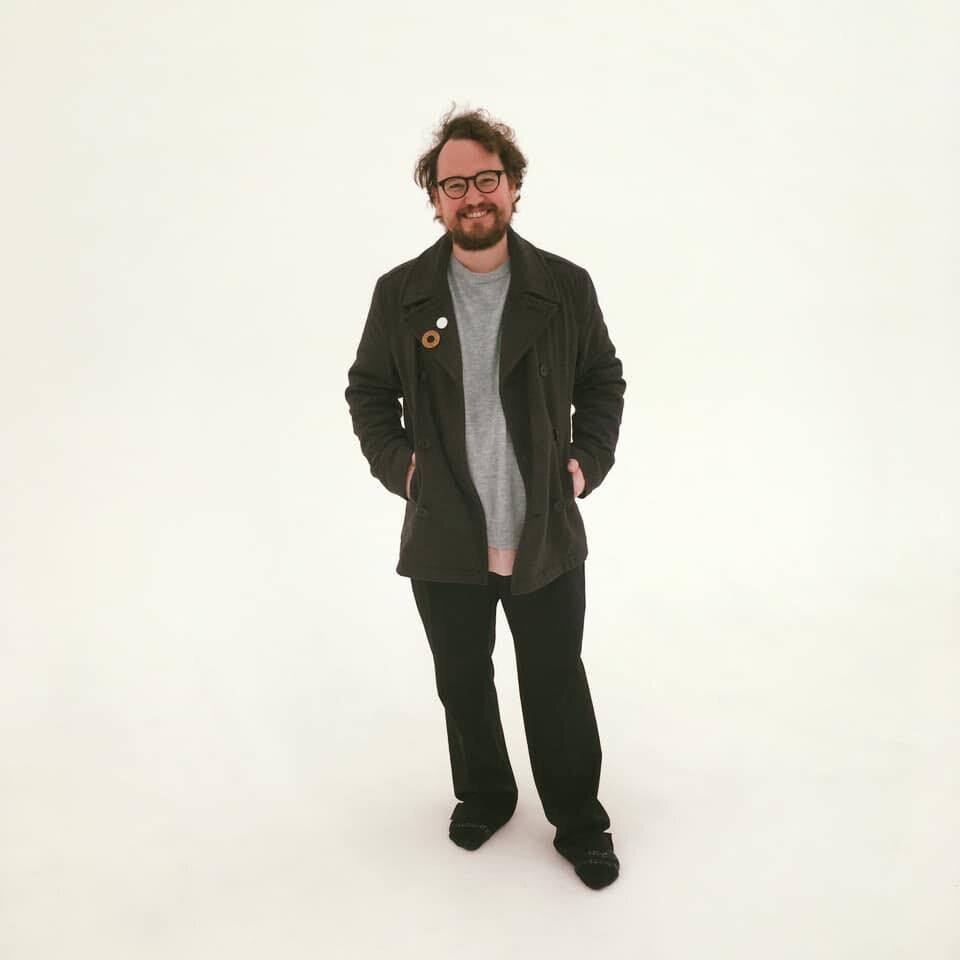
Russell Warfield
Head of Communications, WP8 Co-Lead
-

Matt Bonner
Creative Lead, Researcher WP8
-

Charlene Pink
Digital Communications and Engagement Manager, Researcher WP8
Plasticity Studios is an indie game developer based in Karlsruhe, Germany. Their platform Tabletop Playground, which will support STRATEGIES’s training toolkits, allows players to play, modify, and design tabletop (analogue) games in a digital (PC and VR) format.


